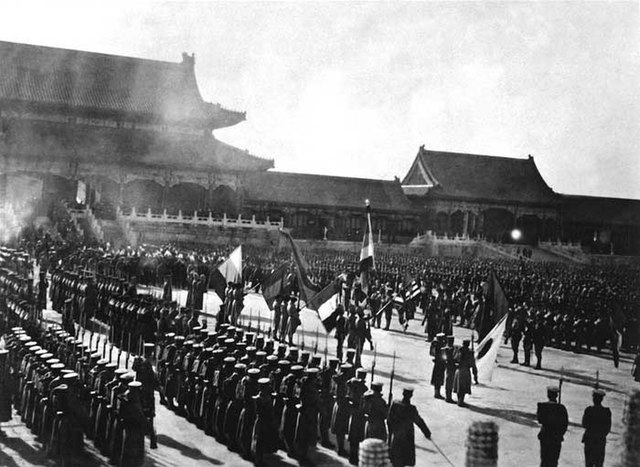Infinite photos and videos for every Wiki article ·
Find something interesting to watch in seconds
Celebrities
British Monarchs
Sports
World Banknotes
Ancient Marvels
Great Cities
Largest Palaces
Rare Coins
Wars and Battles
Famous Castles
Countries of the World
Supercars
Richest US Counties
Animals
Tallest Buildings
History by Country
Presidents
Crown Jewels
Great Museums
Recovered Treasures
Great Artists
Largest Empires
Orders and Medals
Wonders of Nature
Kings of France
Best Campuses
more top lists




